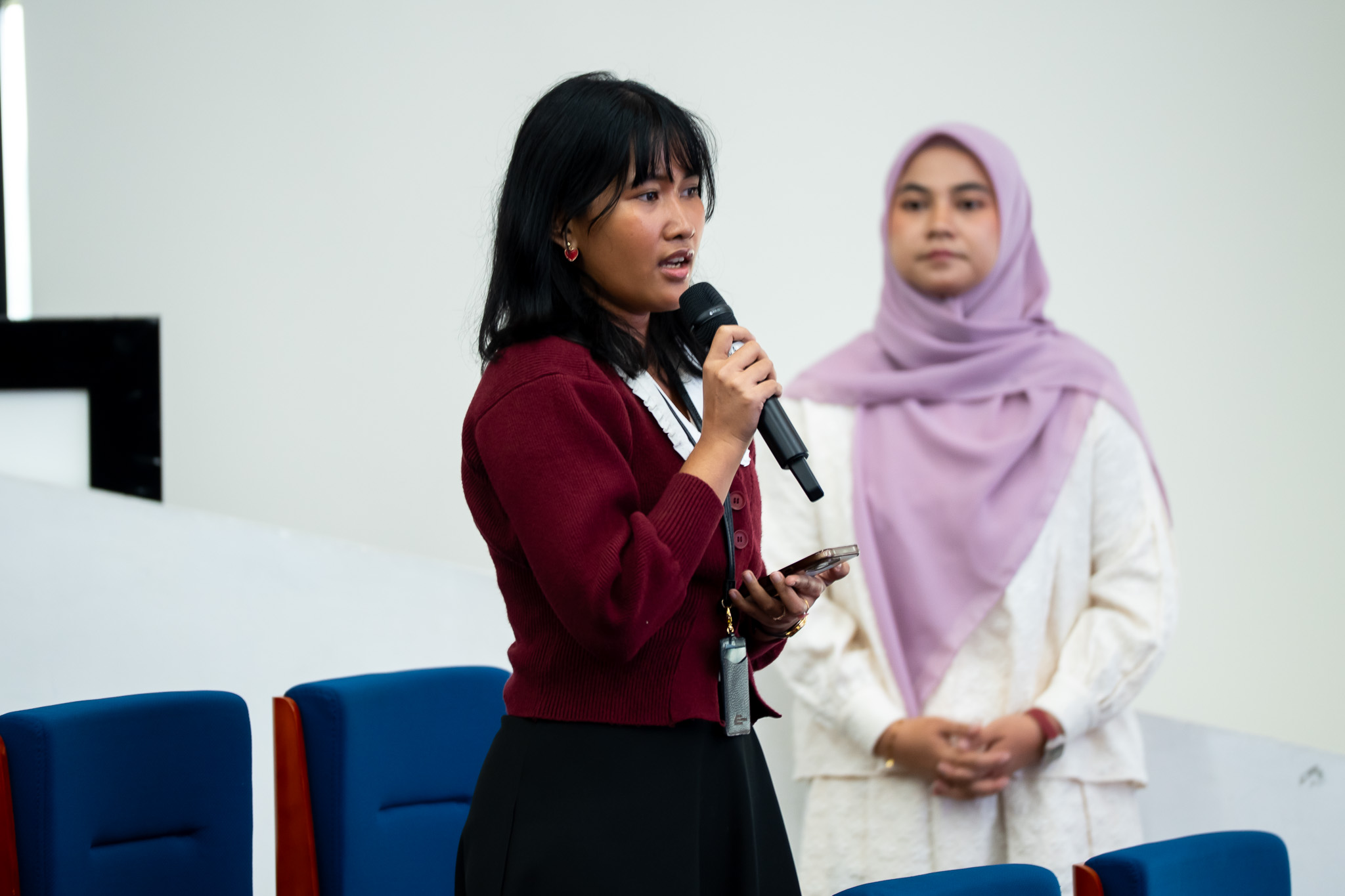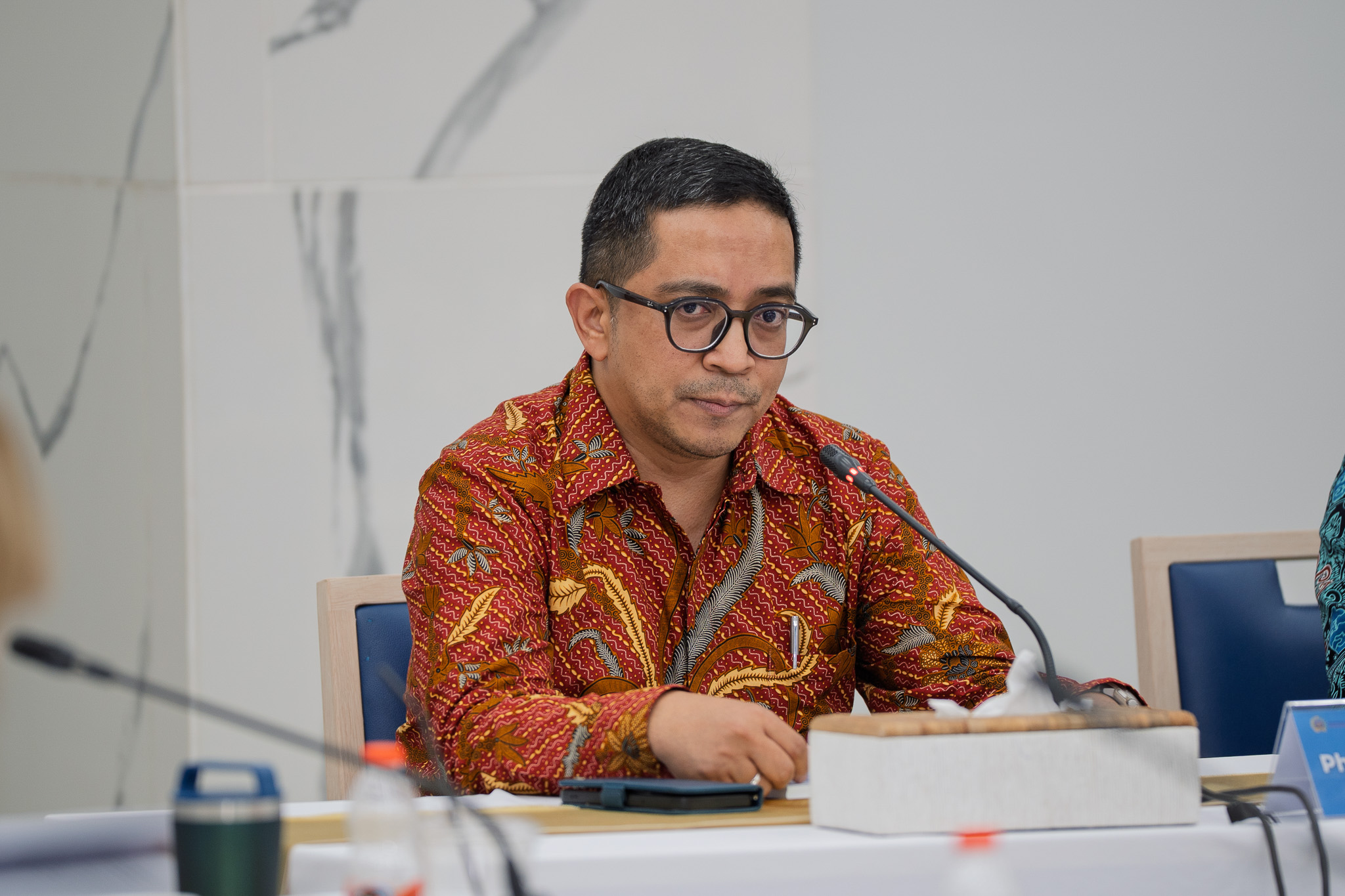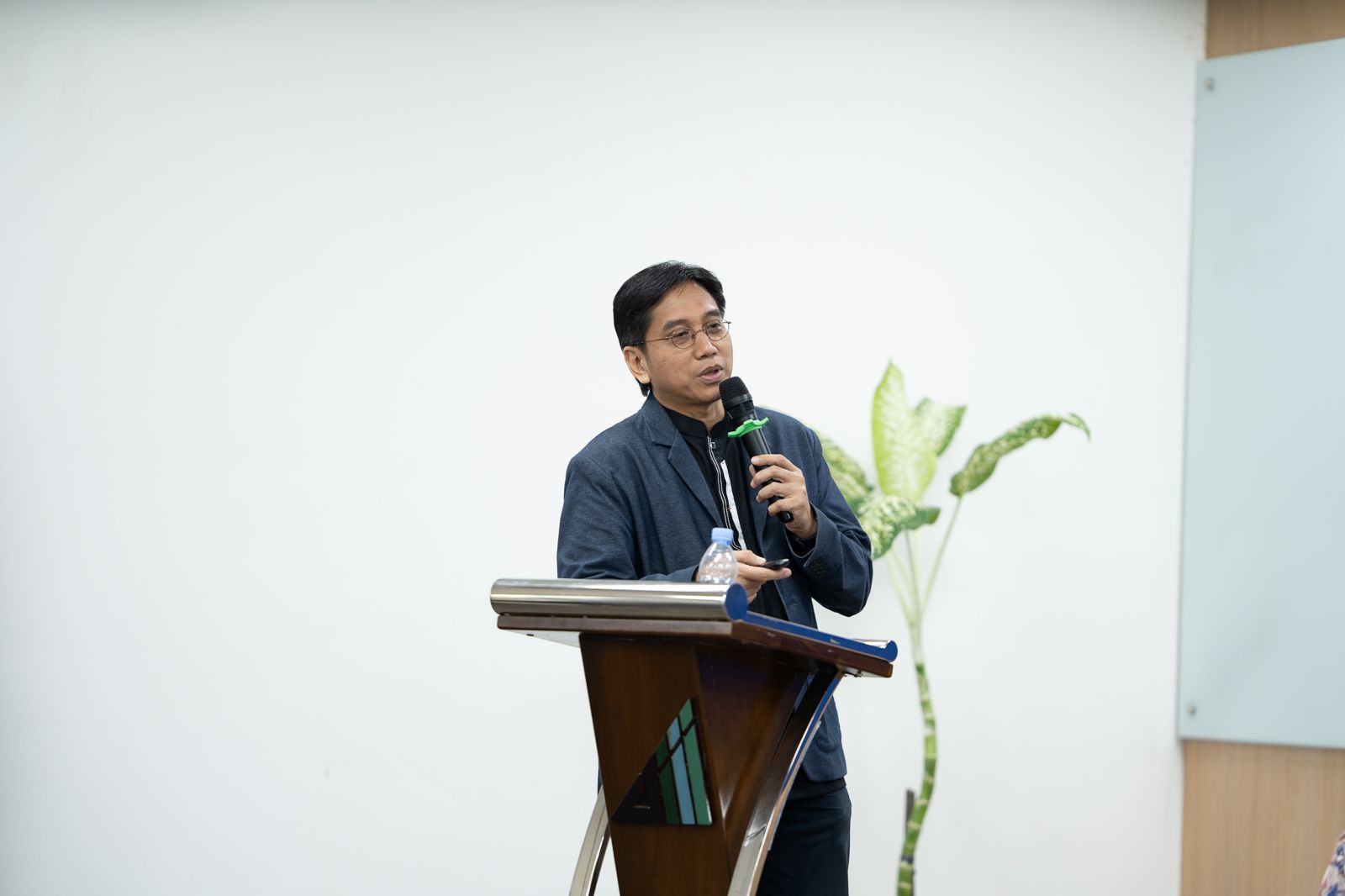
Master’s programs at UIII are intended to produce scientists on par with a research associate. Students of such programs are directed to conduct an in-depth study of the grand theory in their respective fields of study. They must also delve deeper into more specific theories related to their sub-specialization interests. Furthermore, they will be provided with knowledge of the methodology underlying the scientific construct of the study program.
It should be noted that a Master’s student is not expected to pick a specialization. Still, the student is encouraged to pick an area of interest, which can later be developed into a specialization at the doctoral level. To that end, they can choose from a considerable number of elective courses on which to develop a theme of their interest later.
Doctoral programs at UIII are designed to produce expert thinkers and researchers. Doctoral students are required to fully master the main theories of the study program they have selected. They must also correctly understand all of the more specific theories relating to their field or specialization. At this level, students must already understand and be able to fully apply methodologies developed in their respective disciplines.
Compared to the graduate programs, the UIII doctoral programs require complete mastery at the level of theory and methodology, as well as in-depth knowledge regarding the subfield or specialization of the student’s primary interest. Graduates of doctoral programs are being prepared to become expert researchers who can innovate and generate new thoughts and findings.




Building a strong sense of community in Greenville school
Community - Building Approaches







Universitas Islam Internasional Indonesia